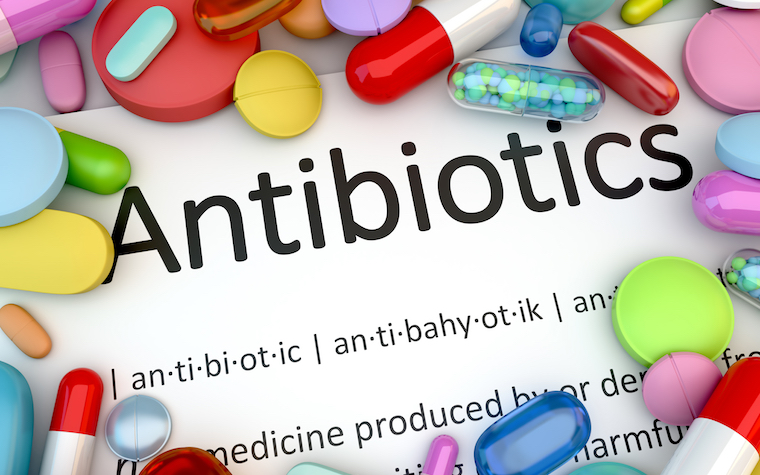Antibiotics-Not the ultimate answer for all illness
Authored by : Dr.Subramanian. M.D
What is an antibiotic?
An antibiotic is a medicine that destroys bacteria. There are a variety of antibiotics such as penicillin and ampicillin.
Antibiotics WILL NOT WORK for cold or flu. Why?
Generally germs called viruses cause colds and flu. Antibiotics do not fight viruses. Antibiotics fight germs called bacteria.
What is a viral infection?
Many common infections of the respiratory tract (nose, throat, sinuses, ears, and chest) are caused by viruses. Flu-like illnesses are also caused by viruses. Diarrhoea and/or vomiting are often due to a viral infection of the gut. Under normal circumstances your child’s immune (defense) system is good at fighting off many types of viral infections. An antibiotic is not needed if a virus is causing an infection.
This is because:
- Antibiotics do not kill viruses. Antibiotics only kill bacteria.
- Overuse of antibiotics unnecessarily has led to some bacteria becoming resistant to them. This means that some antibiotics might not be effective when they are really needed.
- Antibiotics may cause side-effects such as diarrhoea, rashes, feeling sick, etc
What is the treatment for viral infections then?
Your child may feel unwell for several days or more until a viral infection clears. Treatment aims to ease symptoms. Treatments that are commonly advised for viral infections include the following.
- Paracetamol or ibuprofen to reduce a high temperature (fever), and to ease aches, pains, and headaches.
- Make sure your child drinks enough fluids to prevent dehydration. Dehydration may develop if your child has a high temperature, and it can make a headache and tiredness much worse.
- Do not wrap the child, but try to cool down when there is a high temperature. This is particularly important in children. If a child has a high temperature, then take off the clothes (in a warm, but not hot, room) and consider giving some paracetamol or ibuprofen.
- Other advice may be given for specific symptoms. For example, decongestants for a blocked nose, etc. Ask your doctor or nurse for advice.
What about bacterial infections?
The immune system can clear most bacterial infections. However, your child may need antibiotics for certain more serious infections caused by bacteria. When your child is ill, check with your doctor.
What if symptoms change?
Occasionally, a viral infection or a minor bacterial infection develops into a more serious infection. See a doctor to review the situation if the illness appears to change, becomes worse, does not go after a few days, or if you are worried about any new symptom that develops.
What if mucus from the nose changes color from clear to yellow or green? Does this mean that my child needs an antibiotic?
Yellow or green mucus does not mean that your child has a sinus infection. It is normal for the mucus to get thick and change color during a viral cold.
Does this mean I should never give my child antibiotics? What If the pediatrician gives an antibiotic prescription?
If your child’s doctor prescribes antibiotics for your child, it is most probably an illness caused by bacteria. Give all of the medication (full course-correct dose and duration) as directed.
My child is sick with symptoms consistent with a previous episode of illness, can I repeat the previous prescription given by the doctor?
Never repeat prescriptions. The medication prescribed by the doctor stand good only for that particular situation. Never give antibiotics without consulting your doctor.
My child has recovered within few doses of the antibiotics prescribed, should I complete the full dose and trouble the child unnecessarily?
You must complete the full prescribed dose of antibiotics. It is important you do so. If you do not do so, although your child has recovered there may be some dormant bacteria and the antibiotic is needed to wipe out all of the bacteria. Also if the bacteria is not completely eradicated, the surviving bacteria become more resistant and can be spread to other people.
In conclusion
- Antibiotics are strong medicines, but they don’t cure everything.
- When not used correctly, antibiotics can actually be harmful to your child’s health.
- Antibiotics can cure most bacterial infections – they cannot cure viral illnesses.
- Antibiotics kill bacteria – not viruses.
When your child is sick, antibiotics are not always the answer.

